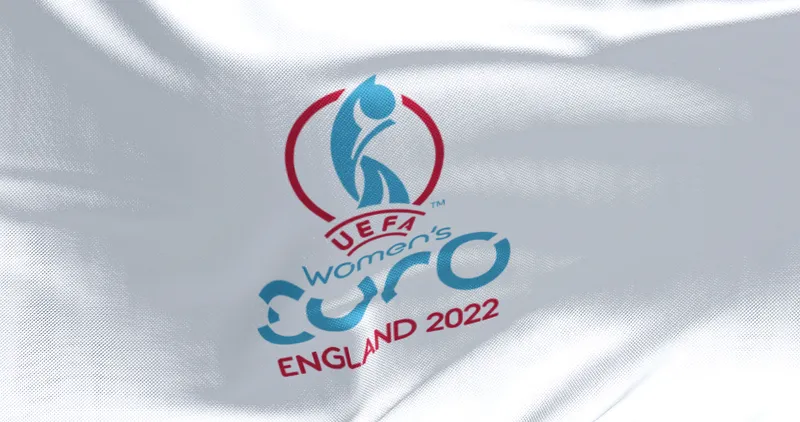
Turkish soccer club İstanbul Başakşehir FK and urban mobility app Moovit say their partnership has helped fans to get to games more sustainably by encouraging public and shared transportation use.
Although not putting a figure on it, the partners say their arrangement - which promotes multimodal travel for fans of the club to the Başakşehir Fatih Terim stadium in Istanbul, as well as to away matches - has helped reduce CO2 emissions.
"By encouraging more people to use public transport and leaving their private vehicles at home, this has made a significant impact on CO2 levels," they say in a statement.
The partnership began at the start of the 2021-22 season: Başakşehir plays in the top division of the Turkish Super Lig and also has matches in pan-European competitions.
Moovit says its app has sent over one million messages to fans and tourists regarding 38 matches in total, in 11 different locations and in three different languages.
Over 5,000 minutes of football were played during this period and Moovit reached over 600,000 tourists, and says "thousands of fans used Moovit’s Web Trip Planner to arrive at İstanbul Başakşehir matches at home and away".
Moovit and Başakşehir say their agreement is expanding to provide increasingly detailed information to all fans who wish to decrease their carbon footprint and impact on the environment.
Environmental sustainability will be emphasised in a new campaign, called Did You know, which will provide fans "with little facts and tips to respect and save the environment" through channels such as in-stadium Moovit app notifications, in-stadium advertising and social media channels following the game.
“When a football club like Başakşehir decides to promote sustainable mobility through an app like Moovit, it can only be good news for the fans, for the environment, and for the cities,” said Samuel Sed Piazza, Moovit’s European director of partnerships.
"We have an environmental and green club identity and we take this very seriously," said Mustafa Eröğüt, vice president of İstanbul Başakşehir FK.









